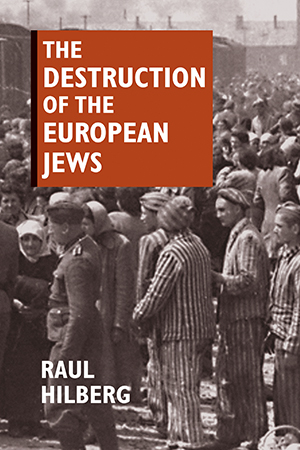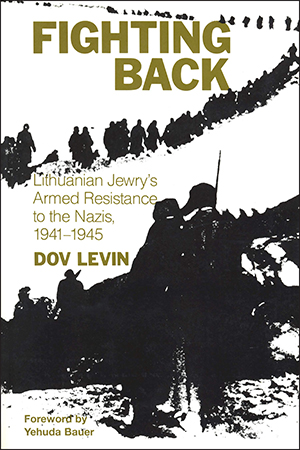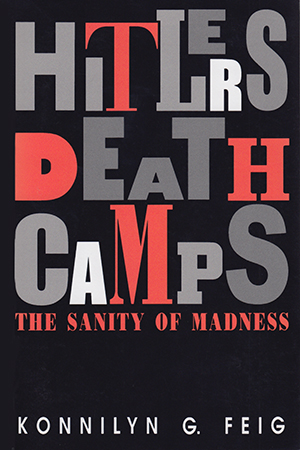Holocaust Studies
In both Germany and Poland—primary locations of the Holocaust—the legacy of antisemitism remains a major obstacle to reconciliation with the past. Thomas Just asks: How does More >
During the Nuremberg Medical Trial (1946-1947), the perpetrators of the Nazi euthanasia program were barely prosecuted. The program, also known as Aktion T4, was essentially a campaign of More >
In her moving reflection on growing up as the daughter of refugees from Hitler's Europe, Carol Ascher explores the conflicts of an émigré childhood and chronicles her More >
In 1946-1947 the Finance Division of the Office of Military Government (OMGUS) recommended that Deutsche Bank and Dresdner Bank leaders be tried as war criminals and barred from ever More >
Choice Outstanding Academic Book! Tracing the social history of Jews in Hungary from the mid-nineteenth to the mid-twentieth century, Vera Ranki reveals how state policies shifted from More >
Through the dramatic true story of one boy—Eliott "Lonek" Jaroslawicz—Dorit Bader Whiteman coveys the stories of the dramatic escape of thousands of Polish Jews from More >
Heda Margolius Kovály (1919–2010) endured both the Nazi death camp at Auschwitz and the brutality of Czechoslovakia's postwar Stalinist government. Her husband, after More >
Why did New York City, the largest center of Jewish culture and home to more survivors than any other city in the United States, take more than half a century to finalize plans for its More >
Mathieu, the narrator of this novel, is compelled by his older sister's suicide to confront the effects of his family's tragic past. Born after the war, Mathieu is left to grapple More >
This student edition of The Destruction of the European Jews makes accessible for classroom use Raul Hilberg's landmark account of Germany's annihilation of Europe's Jewish More >
Fighting Back chronicles the activities of the Lithuanian Jews who fought against the Nazis—in the Soviet army, in the forests, in the ghettos of Vilna, Kovno, Shavli, and Svencian, More >
"Why does a Gentile with a strong Lutheran background put her mind and heart into the Holocaust for twenty long years?... Unless I confront, I betray those who suffered so More >



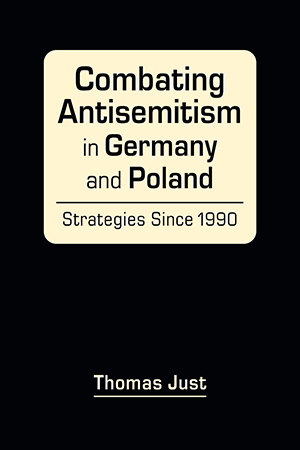
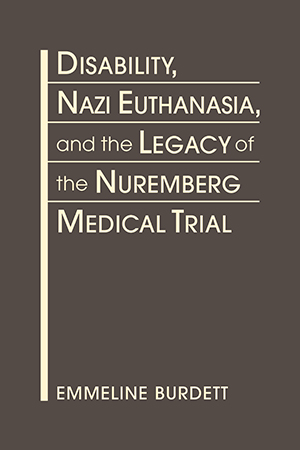
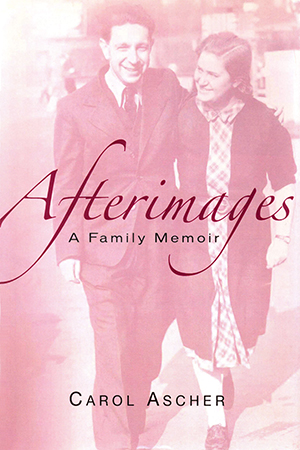
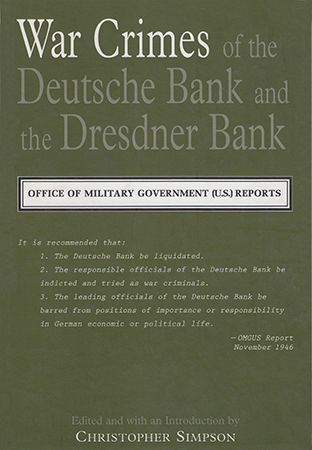
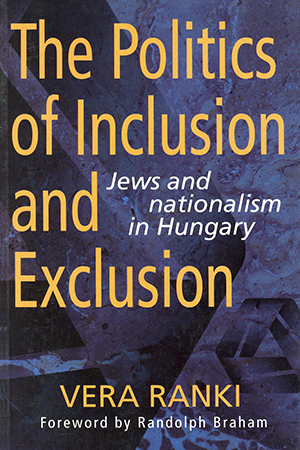
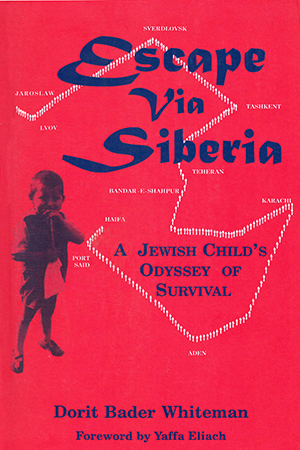
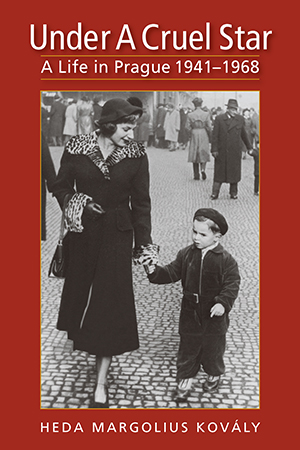
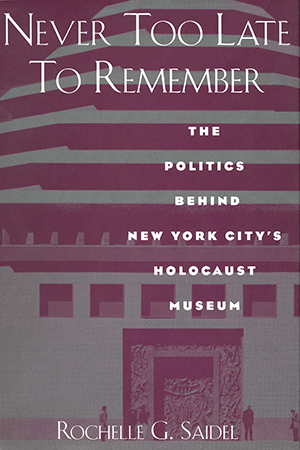
![Writing the Book of Esther [a novel]](/uploads/67097a1b9a68f.jpg)
